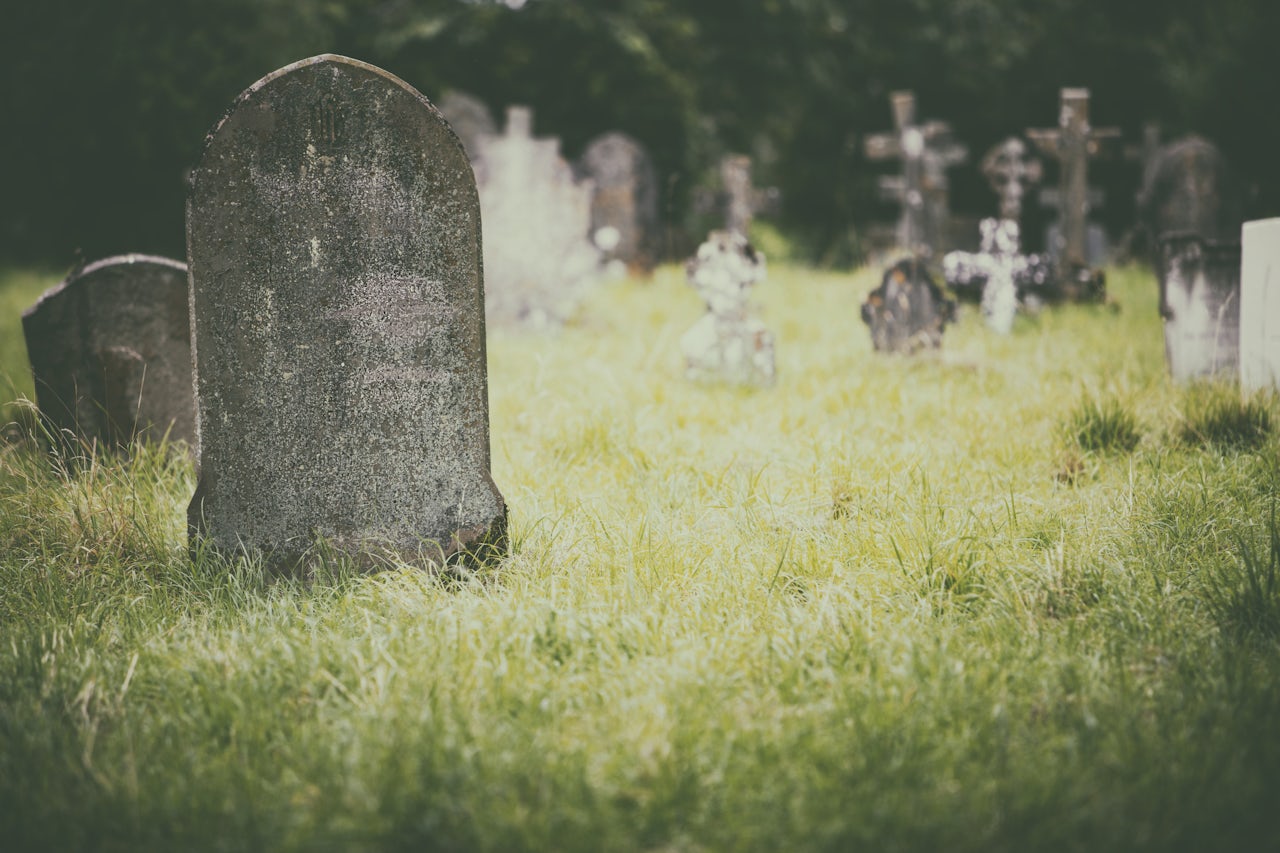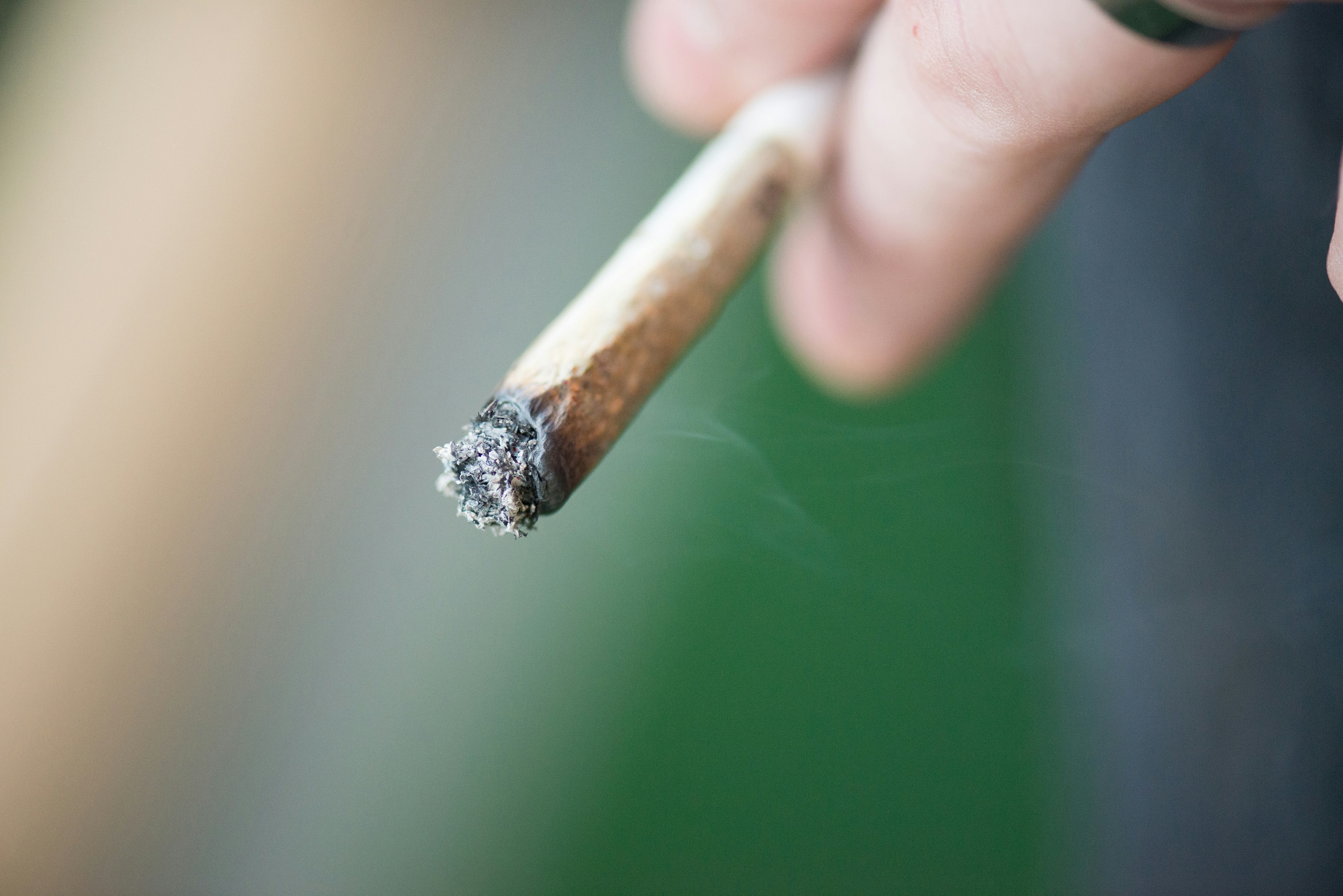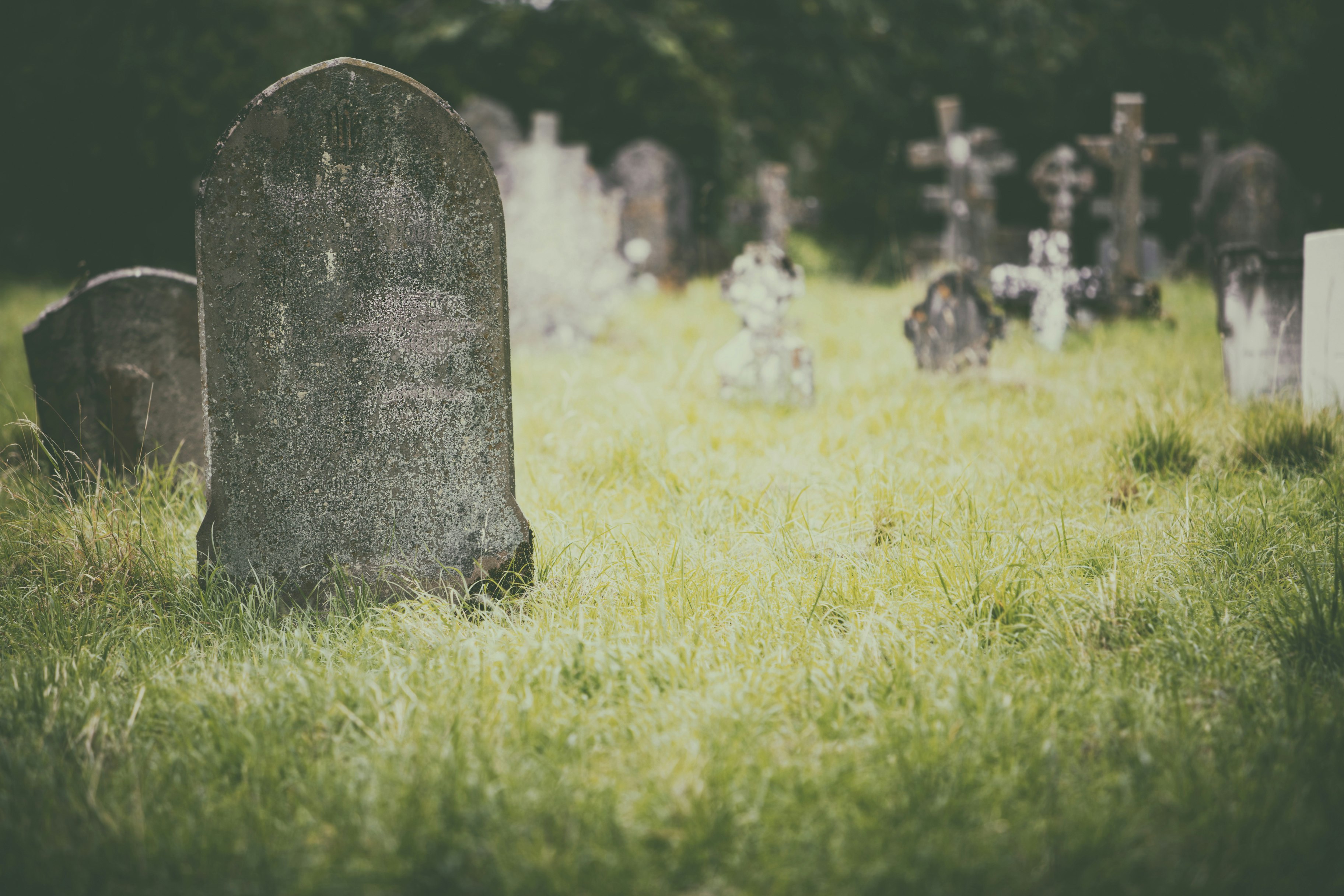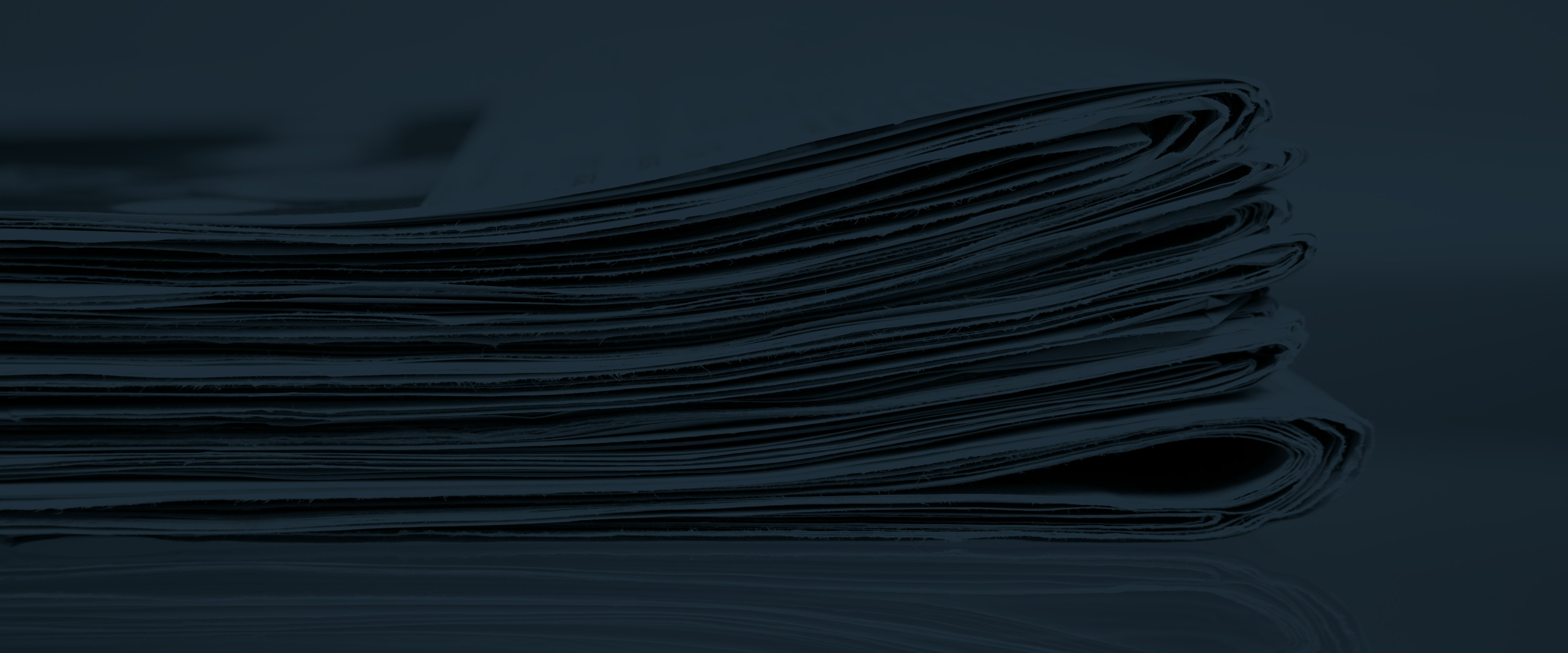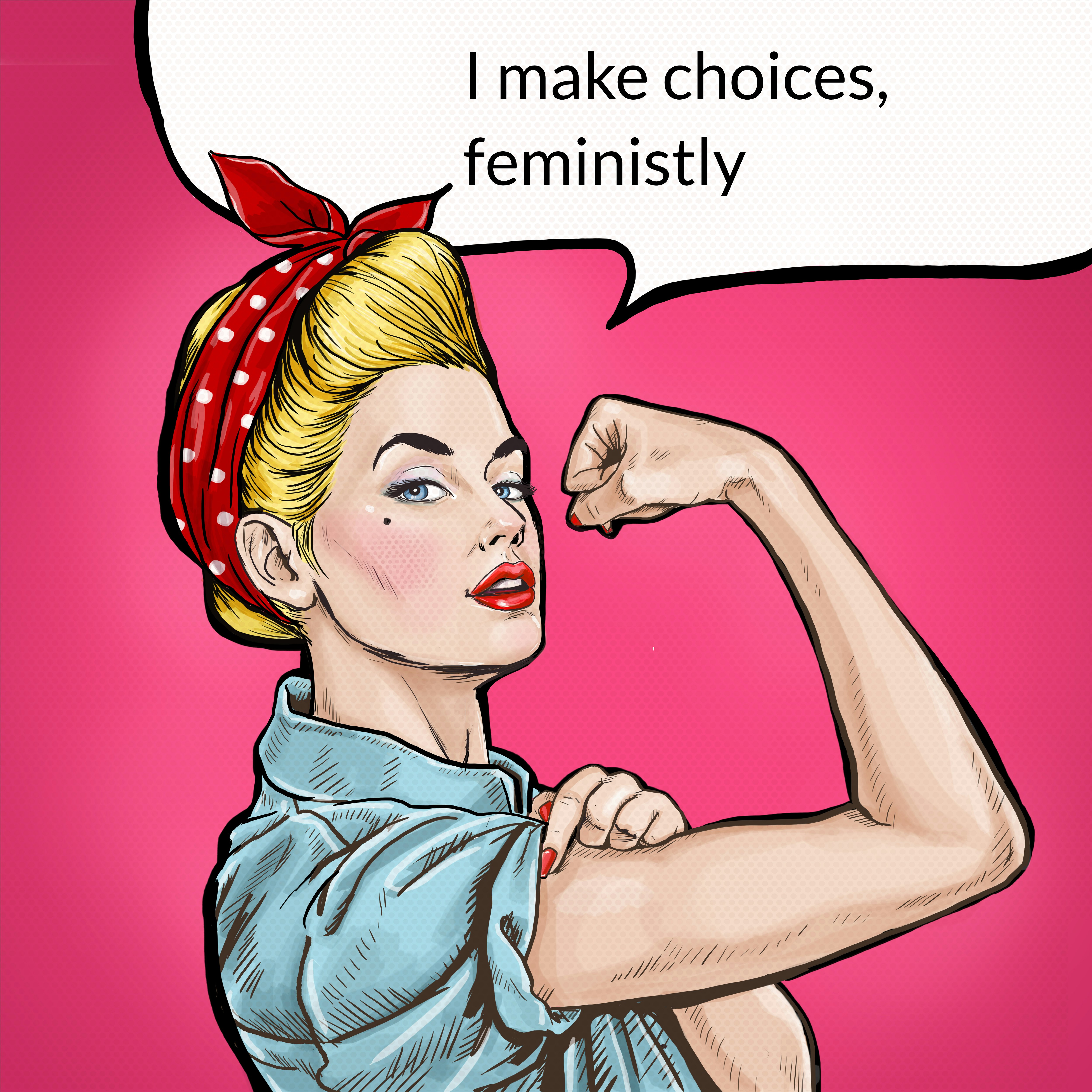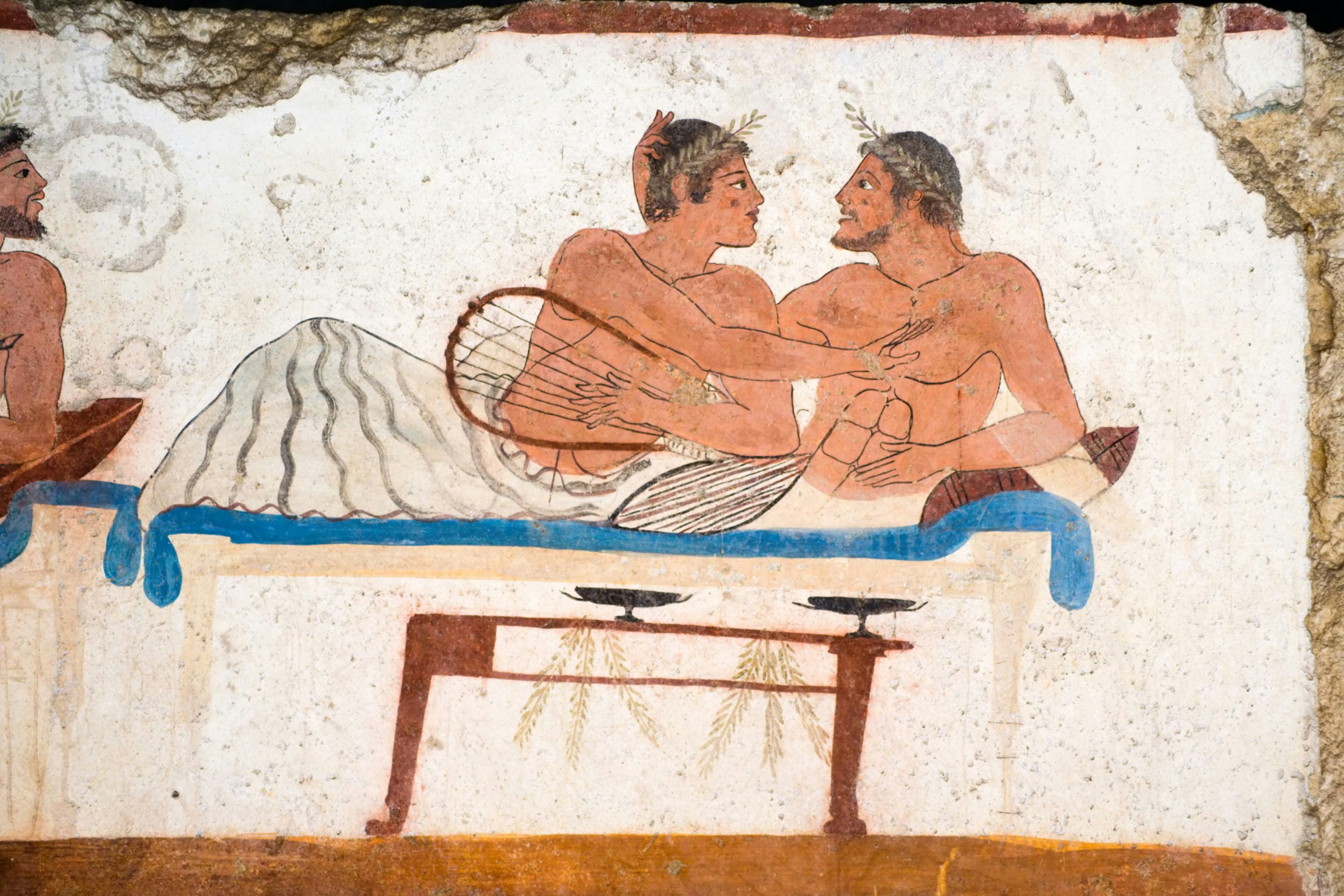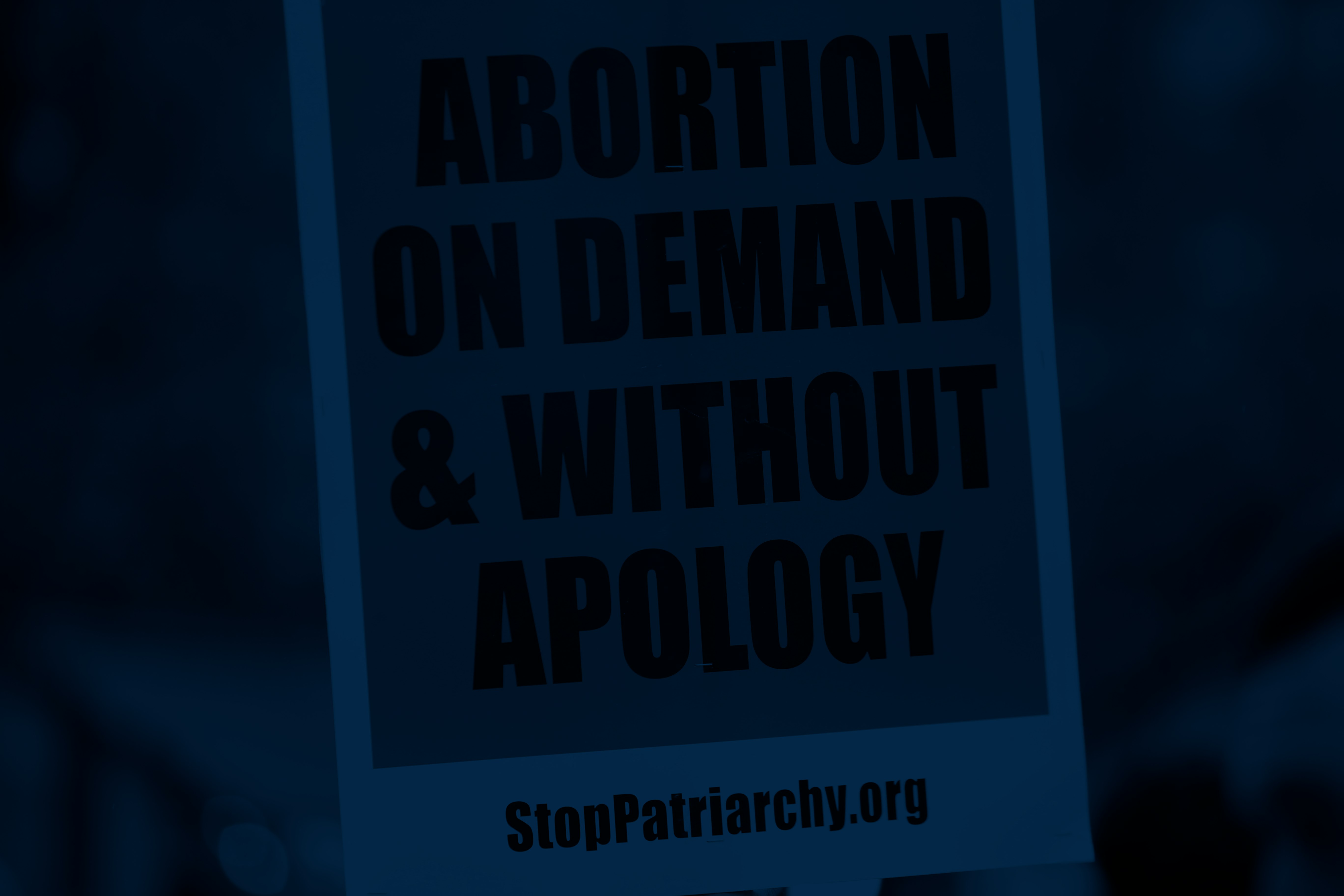Some great advice I once got was “Be less yourself.” This was in 2016, a couple of months after I left the Gawker website in part because I live-tweeted a meeting during which my boss hit his head on a lamp. I was 27, and going through a righteous phase that unfortunately coincided with having a national platform on which to write. The results were not always great.
At that time I was very into the idea of expressing what I thought was my unfiltered identity for a small slice of the general public and media élite. It was not my problem if people didn’t like me and what I had to say, I would think, I was just being myself. In tweeting mean shit about Slate articles, I was speaking my truth. In writing sarcastic blogs I was being real, and even if the humor didn’t always land, I would never second-guess the validity of what I thought.
“Be yourself” is the kind of empty self-help mandate uttered by such disparate artists as Audioslave and Oprah; something that that is typically (and ironically) advised before coming into contact with strangers. In my righteous authentic-self phase I came to think of myself as a provocateur, a person with a dark sense of humor whose time could not be wasted discussing trivial topics, who might want to talk about the Holocaust on a first date, or publicly insult their boss especially if he deserved it.
But then, a part of me that I could not comport with what I thought was my authentic self would wonder why I didn’t get asked on second dates, or why people thought I was antisocial, or mean, or hated Slate. This was an uncomfortable thing to think about. Had I authenticated myself into a corner, one devoid of social acceptance and, perhaps more importantly and embarrassingly, love? Was I projecting too much self, allowing it to be perceived in horrible ways by everyone around me?
Luckily for everyone, I started going to therapy, and it was during one of my first few sessions that my kind therapist who gives me all of my article ideas told me that the consequences that came from what I thought was “being myself” could be avoided simply by not being what I thought was “being myself,” mostly because the former self was a huge asshole. Trying to be authentic did not reveal an immutable self so much as produce one — one I no longer cared to be.
Had I authenticated myself into a corner, one devoid of social acceptance?
It has taken me three years to fully process this, but I think I am good with it now, which means I can tell you why “be yourself” is such terrible advice. The first problem with it is that it is an impossible task: a holistic self does not exist; we are made of many selves that are revealed through endless experimentation and self-examination. Here’s Kierkegaard saying this in a fun way with more words:
Man is spirit. But what is spirit? Spirit is the self. But what is the self? The self is a relation which relates itself to its own self, or it is that in the relation [which accounts for it] that the relation relates itself to its own self; the self is not the relation but [consists in the fact] that the relation relates itself to its own self. Man is a synthesis of the infinite and the finite, of the temporal and the eternal, of freedom and necessity, in short it is a synthesis. A synthesis is a relation between two factors. So regarded, man is not yet a self.
The second problem is that today’s popular notion of the self mistakes feelings and desires for self-knowledge. Heidegger thought (extremely roughly) that knowledge of one’s authentic self could be found through the consideration of our own mortality: that feeling you might get after you have a near-death experience. As the contemporary philosopher Simon Critchley put it in The Guardian, “if we want to understand what it means to be an authentic human being, then it is essential that we constantly project our lives onto the horizon of our death… Mortality is that in relation to which we shape and fashion our selfhood.”
Yay. Wittgenstein took a more social approach to self-discovery. He “saw the act of confession as a way of escaping self-deception,” as Jonathan Beale, the co-editor of Wittgenstein and Scientism, wrote in The New York Times; the philosopher imposed his confessions on family members and friends, in writing and in person, probably like that episode of Sex and the City in which Carrie won’t stop talking to literally anyone about her breakup with Big and her friends tell her to get a therapist.
Speaking of women, it is definitely more difficult for women and other oppressed populations to “be themselves” in a world of white men and Nazis gyrating around to find their truths (Heidegger went very Nazi). Feminist philosophers argue that women are forced to be the societal “other,” thwarting any process of self-discovery and reducing women to being bodies and not minds. As Simone de Beauvoir wrote, “He is the Subject, he is the Absolute — she is the Other.” Judith Butler famously identified the self as an illusion; the philosopher Diana Meyers described Butler’s vision as “an unstable discursive node — a shifting confluence of multiple discursive currents — and sexed/gendered identity is merely a ‘corporeal style’ — the imitation and repeated enactment of ubiquitous norms.”
But back to me. What happened after 2017, when I decided shift my own discursive currents to try being less myself? Honestly, it was a relief to shrink back from an indignant, internet-centric persona and have the freedom to say nothing all the time. It is very nice to have thoughts that you think to yourself and don’t tell anyone about, or that you share with a select group of people whom you are pretty sure understand you, or that you write down in a blog post read by an élite group of loyal readers, but mostly your dad and grandpa.
I love to talk some good smack about earnestness, and like any aging, bespectacled quasi-hipster I have long indulged in living behind a shield of ironic detachment and the denial of my own feelings. But part of finding a new dimension of myself was learning that earnestness has a necessary function in day-to-day societal life, in which it is nice (and not online, where it is annoying).
It is very nice to have thoughts that you think to yourself and don’t tell anyone about.
A year or so ago I got a dog, who has been pivotal in making me less of an asshole because I have to talk to her in a baby voice for three hours a day, and when I am walking her people stop me on the street to ask what breed she is and admire her snaggletooth, and I have found that it is really fun to stop and preen and talk about her with strangers. A few weeks ago I took my dog to a UPS store near my house, which is located in a pharmacy. There was an elderly man picking up his prescriptions who, when he saw my dog, started laughing. I started laughing too, because I am aware that my dog is ridiculous, and laughter is infectious. But then he smiled very wide to reveal that he had one tooth, similar to my dog who has all her teeth but one that sticks out prominently in front of her lip. He looked my dog in the eyes. “You resemble me,” he told her tenderly. It was a beautiful moment that made me feel good about life for at least a half a day.
I suppose in a Heideggerian sense my dog has made me more authentic because every day I think about how it is really gonna suck when she dies or, if I die before her, who will ever love her like I love her. Now that I constantly think about my own death the urge to tweet “go fuck yourself” at Slate seems silly; this is a reprieve from the part of my brain that needs to fixate on how mad it is about the internet and tell others how mad it is about the internet on the internet.
Oh my god, is this me now? Am I a horrible, treacly, sentimental dog person? Did my dog save me from professional and personal ruin — did she teach me how to love? Heavens no. Psychiatric medicine has also been extremely helpful, along with all the aforementioned therapy, but cuddling with my precious angel certainly hasn’t impeded my journey of self-discovery.
My editor asked me if the mandate to “be yourself” has negatively affected culture. The answer is a 100 percent affirmative yes. I emailed William Swann, a psychology professor at the University of Texas at Austin, to ask if he could offer a better saying than “be yourself,” and his response was very good and directly relates to this. “A nice piece of advice for someone who thinks it is a good thing to ‘be yourself’ is to watch the speech given by the leader of the free world last weekend,” he wrote. “Giving some people license to be themselves can encourage performances that are painful to watch.”
I also asked some other experts and people with green dots on G chat what they thought was better advice than “be yourself.” Simon Critchley, mentioned above, offered several phrases. “How about ‘be in the world’ or ‘don't think, look’ or ‘turn outwards not inwards,’ or ‘observe closely and switch off your doubts,’ something like that,” he wrote.
My friend John, who graciously explained a lot of Heidegger to me in the process of writing this article so if I’m wrong about any of it please blame him, said: “Ask yourself periodically, is this who I really wanna be?”
And finally my friend Kelly, who has never gotten in a Twitter fight and has never told a human, only the F train, to go fuck itself, offered an interesting counter-perspective for those without loud, caustic personalities who may need to be more themselves instead of less:
Unfortunately I think the best advice comes from Nike, and that advice is, ‘just do it.’ ‘Be yourself’ sucks because you’re being yourself probably the most when you’re giving into your worst tendencies. If I were to ‘be myself’ I would be in bed talking to no one at all times. That’s very ‘me.’ There have been a lot of times when I’ve been held back by fear of failure or humiliation, and friendships and experiences and career-related things I’ve missed out on because I’m very nervous and very shy. But that’s where ‘just do it’ comes in, via Nike. All of the good things I have are because I just tried to do exactly the thing I wanted, over and over and over again. Or because I said yes to something daunting when I desperately wanted to say no. I think it’s good advice: just do it.
So there you have it: “Be yourself” is terrible advice. Especially if you are a jerk, but probably even if you are not. And in the spirit of the openness, honesty, and self-reflection with which I have written this piece, I would like to say one last thing. To the editor who, over a coffee to talk about career prospects in 2015, told me I had a “personality problem”: Go fuck yourself.
